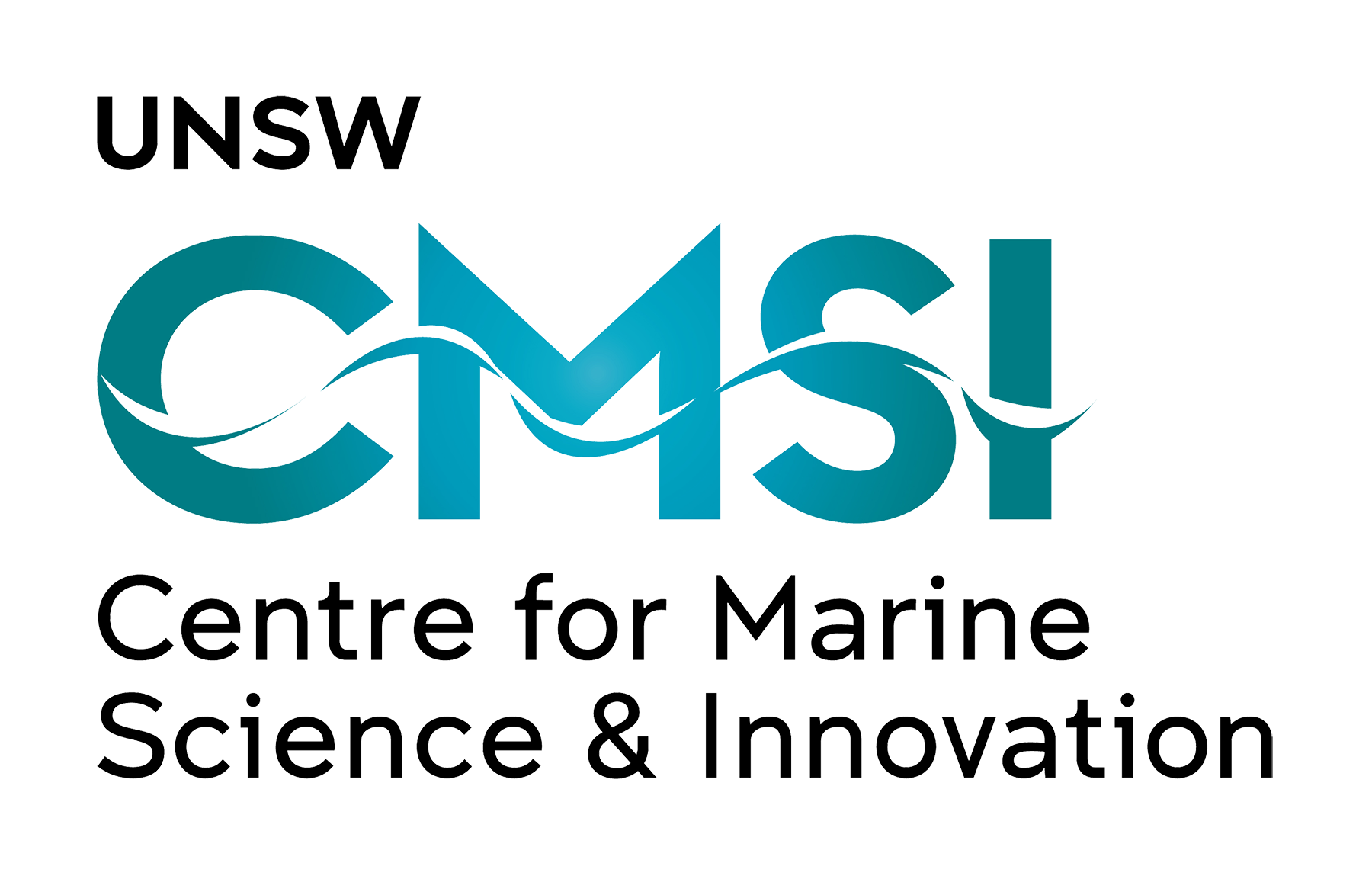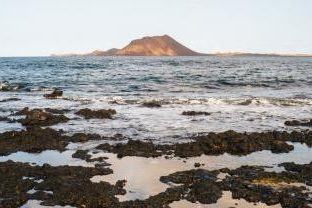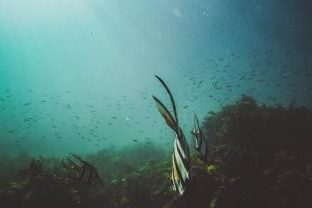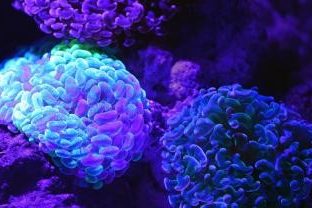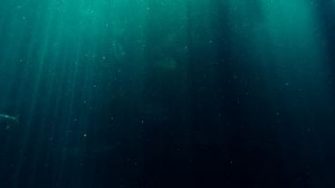
Despite the lack of sunlight and nutrients, many deep-sea environments are full of large coral reefs and sponge gardens.
The aim of this project is to understand how the metabolic capacity and versatility of symbiotic bacteria support the growth of corals and sponges in the deep sea. We perform expeditions to the Campos and Santos Basins, off the coast near Rio de Janeiro, to get unique samples of sponges and corals and use a range of molecular techniques to define the functional diversity of symbiotic bacteria. The expected outcome is a new understanding of how bacteria-host interactions have enabled marine organisms to survive and thrive in the depth of the ocean.

